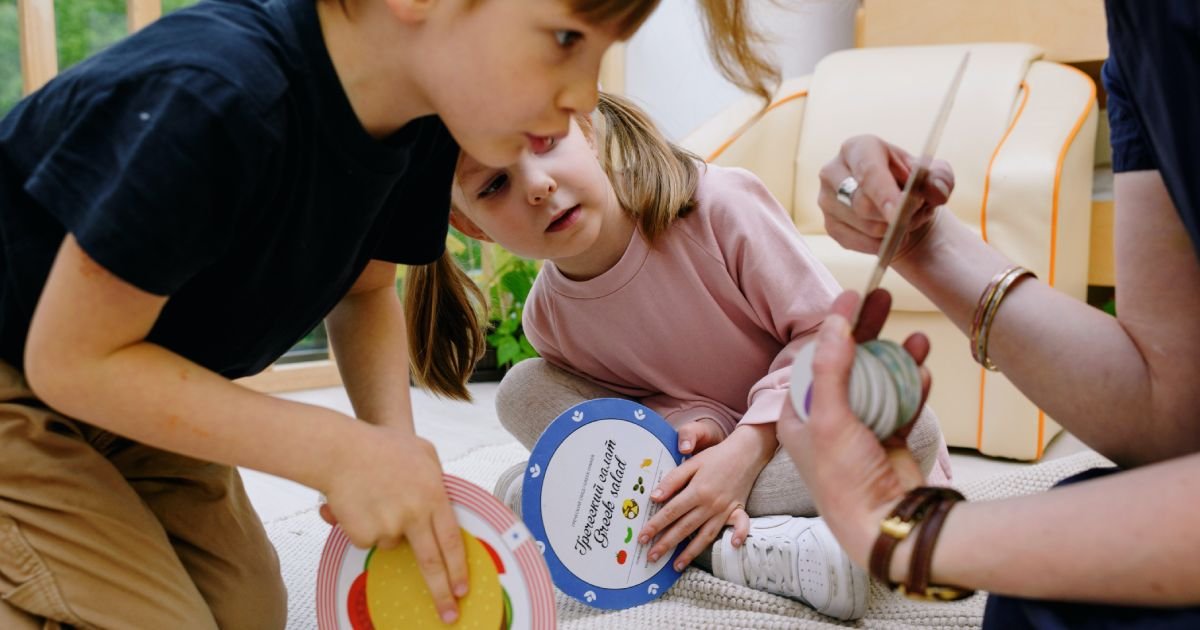Which parent hasn’t been asked an awkward money question? I know my children have expressed their curiosity about money with all kinds of direct questions ranging from “Are we rich?” to “How much money do we have in the bank?” Let me correct what was written earlier, the questions are normal money questions, however, they make us feel awkward!
Adults across the globe, with very few exceptions, are not used to talking to children about money. You may tell them if something is affordable or too expensive or not, but actual conversations about money don’t usually happen till adolescence when there is no escaping your child’s wisdom.
I remember the day I was asked by my then six-year-old boy; “Mamma, are we rich?” Awkward.
“Well, we have enough money, but what really matters is whether we are happy and love each other.” Was the vague and rather irrelevant response that came from me! Both my husband and I work in the financial services and investments industry and this is hardly a qualified answer.
It may seem like the right way to approach the question, you know, with a lining of value system and inclination towards talking about the emotional quotient. However, it did very little to settle the mind of a curious six-year-old, who is just seeking to understand the value and worth of money.
How should you approach the money questions?
Firstly, you must answer whatever the question is directly. Don’t shush up the child or move to another topic or give only an emotional response. Stick to the question first.
If your child asks you whether you are rich or poor, the question needn’t be a yes or no rather you must address the point of curiosity, which in this case is, money.
Depending on the age of the child, explain what money is in simple terms. A means to reward hard work which becomes an income or inflow and then a means to afford a lifestyle, which speaks about money’s ability to be accepted as payment for buying things.
Clearly, the more there is of it, the more you will be able to use this as a resource to buy things and the more things you have – the richer you may appear from a material perspective. Whether this definition of being monetarily rich holds value in your household and family or not will determine how the rest of the conversation flows.
However, at the very least you owe your children the right explanation of what being money rich or poor means. Don’t make the same mistake as I did and twist the response immediately to another dimension of life rather than addressing what is a child’s basic inquisitiveness.
Answer all money questions factually, which, also doesn’t require you to confuse them with numbers and figures. Rather just explain the role and utility of money, just like you would do with say healthy food or junk food.
Understanding is better developed with handling
Slowly, introduce the handling of money or making transactions to your children. Let them accompany you to shops or restaurants and see the bill, the payment and the change. Let them start handing the money. They will also get to understand that cash is not the only mode in which money can be exchanged. These learnings are important from the word go.
No matter what the age of your child, involving them in money conversations (simple ones to begin with) and letting them handle money (a little to start) is going to help in building their awareness about this important aspect of our lives.
Often, we think they will figure out when the time comes, as did we. However, the truth is that we figured out the value and utility of money rather late in life and there is merit in giving our children an early start. Why does being early or late matter? Money and its awareness and what impact it has on your life has the ability to set you free. Financial freedom can be achieved as early or as late in life, however, the earlier you get there, the more time you have to explore the rest of your life solely on your terms, not dependent on others.
This lesson about financial freedom and financial independence when applied for children starts with indulging that curious mind of a young six-year-old.
Telling them that money is not important, family is, sets an admirable value in the right place but doing so without enlightening them about money makes them undervalue the utility of this resource.
Money. It’s a simple five-letter word, easy to spell and easy to enunciate for children. But its implications on our lives are far from simple and hence, it’s important to give your child the right start. Don’t disappoint the curious minds, answer their money questions with the honesty and clarity they deserve and then build the relevant context to fit that into the value mould that is unique to your family.







0 Comments